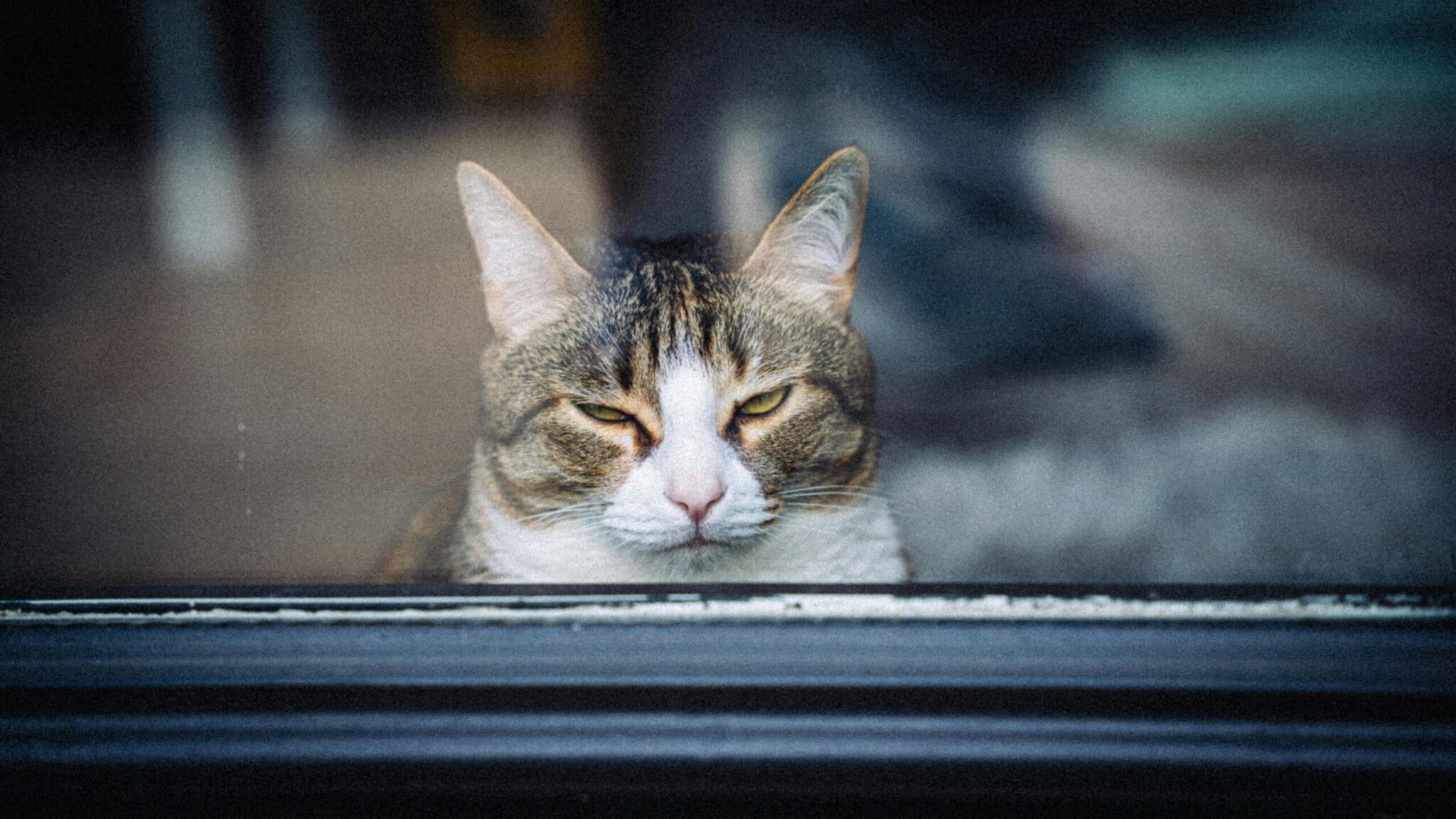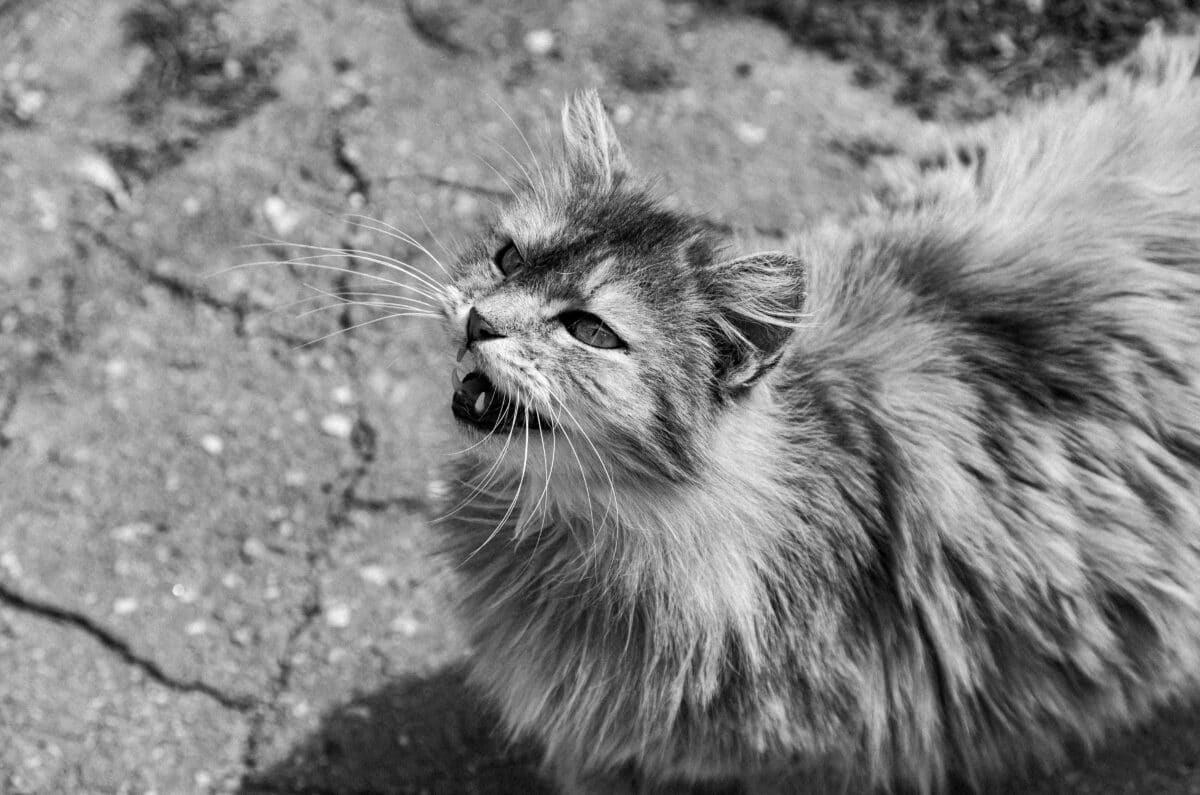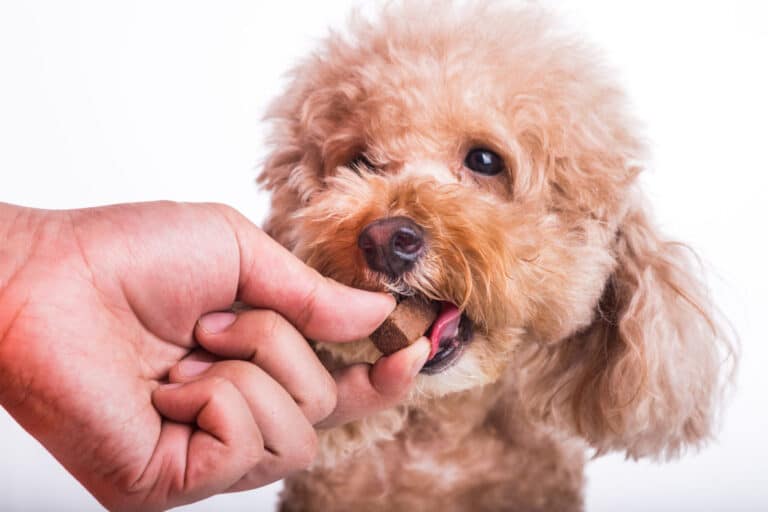The Dangers of Dehydration in Pets and How to Prevent It

Dehydration in pets is a serious condition that can lead to severe health complications if left untreated. Whether you have a dog, cat, or any other pet, it’s crucial to understand the risks and symptoms of dehydration, and most importantly, how to prevent it. In this article, we’ll discuss the causes of dehydration in pets, signs to look out for, and effective ways to keep your pet hydrated and healthy.
What is Dehydration in Pets?
Dehydration occurs when a pet loses more water than it takes in. The body requires water for essential functions like regulating body temperature, digestion, and maintaining healthy skin. Just like in humans, dehydration in pets can have severe consequences on their overall health.
Pets can become dehydrated for several reasons, including a lack of water, illness, excessive heat, or increased physical activity. It’s crucial to spot dehydration early and take quick action to ensure your pet stays healthy and hydrated.

Signs of Dehydration in Pets
As a pet owner, it’s important to be vigilant and recognize the signs of dehydration in your furry friends. Here are some common symptoms of dehydration to watch for:
- Dry Gums and Nose: A pet’s nose or gums should be moist. If they feel dry or sticky, it’s an indication that your pet might be dehydrated.
- Loss of Appetite: Dehydration often causes pets to lose their appetite. If your pet isn’t eating or drinking as usual, it could be a sign of dehydration.
- Lethargy or Weakness: Pets who are dehydrated may appear tired, weak, or have trouble moving around.
- Sunken Eyes: Dehydration can cause the eyes to look sunken or dull.
- Excessive Panting: While panting is normal for dogs, excessive panting can be a sign of dehydration, especially in hot weather or after physical activity.
- Skin Tent Test: Gently pinch the skin on the back of your pet’s neck. If the skin doesn’t quickly return to its original position, it’s a sign that your pet is dehydrated.
- Dark Urine: Dark-colored urine is often a sign that your pet isn’t getting enough fluids.
If you notice any of these symptoms in your pet, it’s important to take immediate action to rehydrate them.
Causes of Dehydration in Pets
There are several factors that can contribute to dehydration in pets. Here are the most common causes:
- Not Drinking Enough Water: Sometimes pets simply don’t drink enough water. This can be due to a lack of fresh water, illness, or an aversion to drinking from their water bowl.
- Illness or Health Issues: Vomiting, diarrhea, and fever are all conditions that can cause dehydration. Pets that are sick often lose fluids through vomiting or diarrhea and may not drink enough water to compensate.
- Excessive Heat or Physical Activity: Pets, especially dogs, can easily become dehydrated when exposed to extreme heat or after physical activity. This is particularly common in the summer months.
- Dietary Issues: Some pets, especially those on dry food, may not be getting enough moisture from their food. Wet food can help provide extra hydration, but it’s important to monitor your pet’s water intake as well.
- Age and Size: Older pets and smaller pets are at a higher risk of dehydration. Their bodies may not regulate fluids as efficiently as younger or larger pets.
Preventing Dehydration in Pets
Preventing dehydration in pets is much easier than treating it once it has occurred. Here are some practical steps you can take to keep your pet hydrated and healthy:
- Always Provide Fresh Water: Ensure that your pet always has access to fresh, clean water. Change the water regularly, especially if your pet has been drinking from the bowl for a while. Some pets prefer running water, so investing in a pet water fountain can encourage them to drink more.
- Adjust Diets for Hydration: Consider adding wet food to your pet’s diet to provide additional moisture. You can also use products like the Whimzees Occupy Antler Dog Chews – Medium, which helps keep your pet entertained while supporting hydration. You can find this product on AVW.au.
- Keep Pets Cool in Hot Weather: In the summer months, it’s essential to provide shade and cool areas for your pet to rest. Always ensure they have access to fresh water when outdoors, and avoid taking them for walks during the hottest part of the day.
- Use Hydrating Chews: Dental chews like the Virbac Veggiedent Fr3sh Medium Dog Dental Chews – 15 Pack are an excellent way to keep your pet hydrated while maintaining oral health. The chew helps stimulate saliva production, which aids in hydration. You can find this product on AVW.au.
- Monitor Your Pet’s Health: Regular vet checkups are crucial to ensure your pet is healthy and hydrated. Illnesses like kidney disease or diabetes can contribute to dehydration, so it’s important to detect any underlying health issues early.
- Encourage Drinking: If your pet is reluctant to drink, try adding a bit of low-sodium broth or water with ice cubes to make it more appealing. You can also provide a pet-friendly water bottle to make drinking more exciting for your pet.
How to Rehydrate Your Pet
If you suspect your pet is dehydrated, it’s important to take immediate action. Here’s what you can do:
- Provide Water: Offer your pet water immediately. If they’re reluctant to drink, try offering small amounts frequently. If they can’t drink on their own, you may need to use a syringe to administer water.
- Visit the Vet: In severe cases of dehydration, your pet may need IV fluids to rehydrate. It’s crucial to consult your vet if your pet’s dehydration is moderate to severe.
- Use Rehydration Solutions: There are commercial rehydration solutions available specifically for pets. These solutions contain electrolytes and minerals that can help restore your pet’s hydration levels.
Conclusion
Dehydration in pets is a serious condition that can have long-lasting effects on their health. By understanding the causes, symptoms, and prevention methods, you can ensure your pet remains hydrated and healthy. Regular monitoring, offering fresh water, and keeping them cool in hot weather are key strategies in preventing dehydration.
Additionally, incorporating products like the Whimzees Occupy Antler Dog Chews – Medium and Virbac Veggiedent Fr3sh Medium Dog Dental Chews – 15 Pack can help support your pet’s hydration needs while keeping them entertained. Check out these products on AVW.au to give your pet the hydration and care they deserve.
Remember, always be proactive in keeping your pet hydrated, and don’t hesitate to consult your veterinarian if you notice any concerning signs of dehydration. With the right care, your pet can lead a healthy, hydrated life!
Tags

Dr. Evan Shaw
Dr. Evan Shaw is an Australian veterinarian, a passionate animal advocate, promoting the philosophy that prevention is always better than cure.
His mission is to empower pet owners by providing expert advice and easy, consistent access to comprehensive pet protection.
What do you think?
Related Articles

Best Dog Food for Joint Health: Keep Your Pup Moving with Comfort
If your furry friend is starting to slow down, limp a little after playtime, or struggle to climb stairs, it might be time to look

Affordable Pet Supplies Online: Quality Care Without Breaking the Bank
As a responsible pet owner, ensuring your furry friend receives the best care is a top priority. However, pet care can sometimes get expensive, especially

Why Vets Recommend Simparica Trio for Dogs in Australia
Simparica Trio provides broad protection against fleas, ticks, intestinal worms and heartworm and is recommended by Aussie vets for Aussie dogs. In Australia, we love
